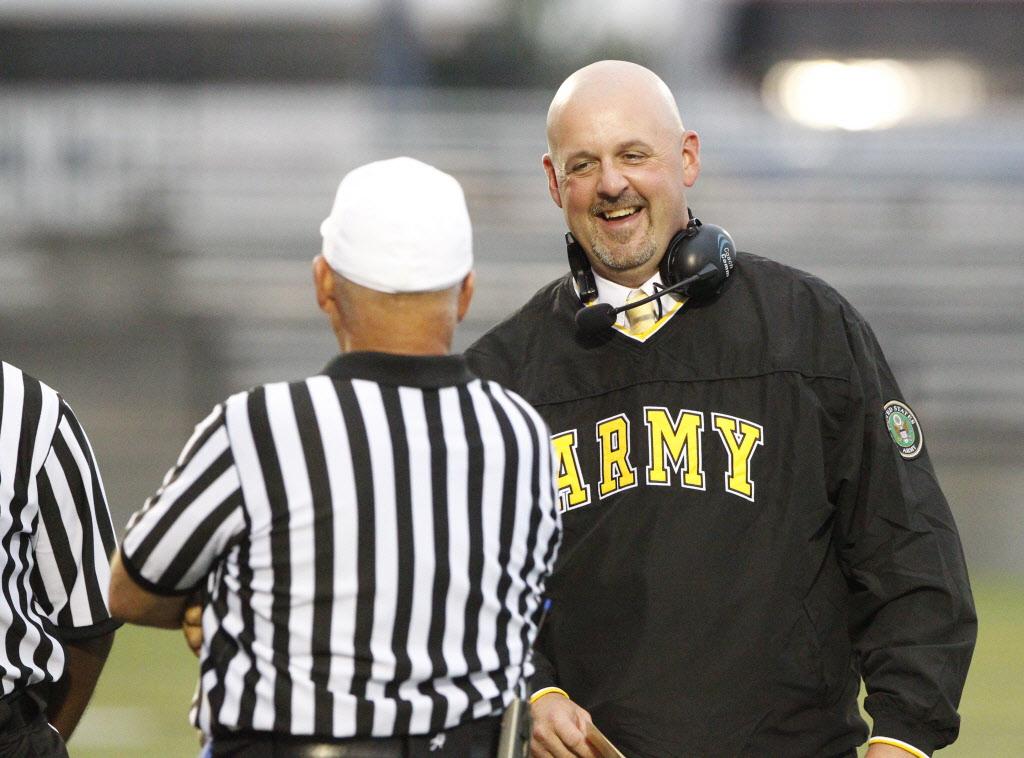We had, as a family:
- 2 bantam house league hockey games, as a parent
- 1 house league indoor soccer game that my son officiated
- 1 midget house league hockey game, as a parent
- 1 novice house league hockey game, as an uncle
- 1 travel basketball game, as an uncle
- 2 soccer sessions (U4/U11) as a coach
I always watch with a bit of an analytical eye. If you coach, it's hard not to.
My observations:
- I enjoy watching my sons and nephews play sports.
- Kids lack some gamesmanship and smart decision making. Even a little bit of trickery/deception to create some space against an opponent.
- Things are WAY TOO organized and structured for young athletes.
On Saturday afternoon I ran a session for my brother's U10/U11 program. I felt it went well, but what did I need to keep in mind? If we were to drop those kids off at the facility with balls and come back an hour later, they would have figured out how to organize themselves and play. Heck, they do it three times/day in school yards all over the world.
Had we given my son's hockey team an hour of ice and some pucks, they would have had a great game on their own. And probably figured out how to solve a few problems/situation during their game.
The amount of self-guided discovery that takes place during free play is immeasurable. Kids playing "pick-up" have a fantastic way of solving their own problems while creating problems for their opponents.
QUESTION. How do we structure our programs to help them improve their athleticism, technique and give them ideas, but not ruin the enjoyment and learning that they would have had in our absence?
The session before us on Saturday afternoon ended with a 4 minute small sided game. FOUR MINUTES.
There is a place for coaching or organizing, but we have to make sure that our programs serve the needs of our customers, the players.
So what did I learn/reinforce this weekend?
- Work hard to make sure training sessions continue to involve game play.
- Remember why players came and what will have them want to come back the next week.
- Make sure the kids know the game or practice belongs to them.
- Fun doesn't always have to be a game with 2 teams and 2 goals. There are a lot of games that are competitive and teach at the same time.
- Always give them problems to solve while they are playing.
- Structure sessions so they say "Hey, I'm glad he came because he gives us a chance to play. Let's hear what he has to say, try it and see if it helps us during our games."






